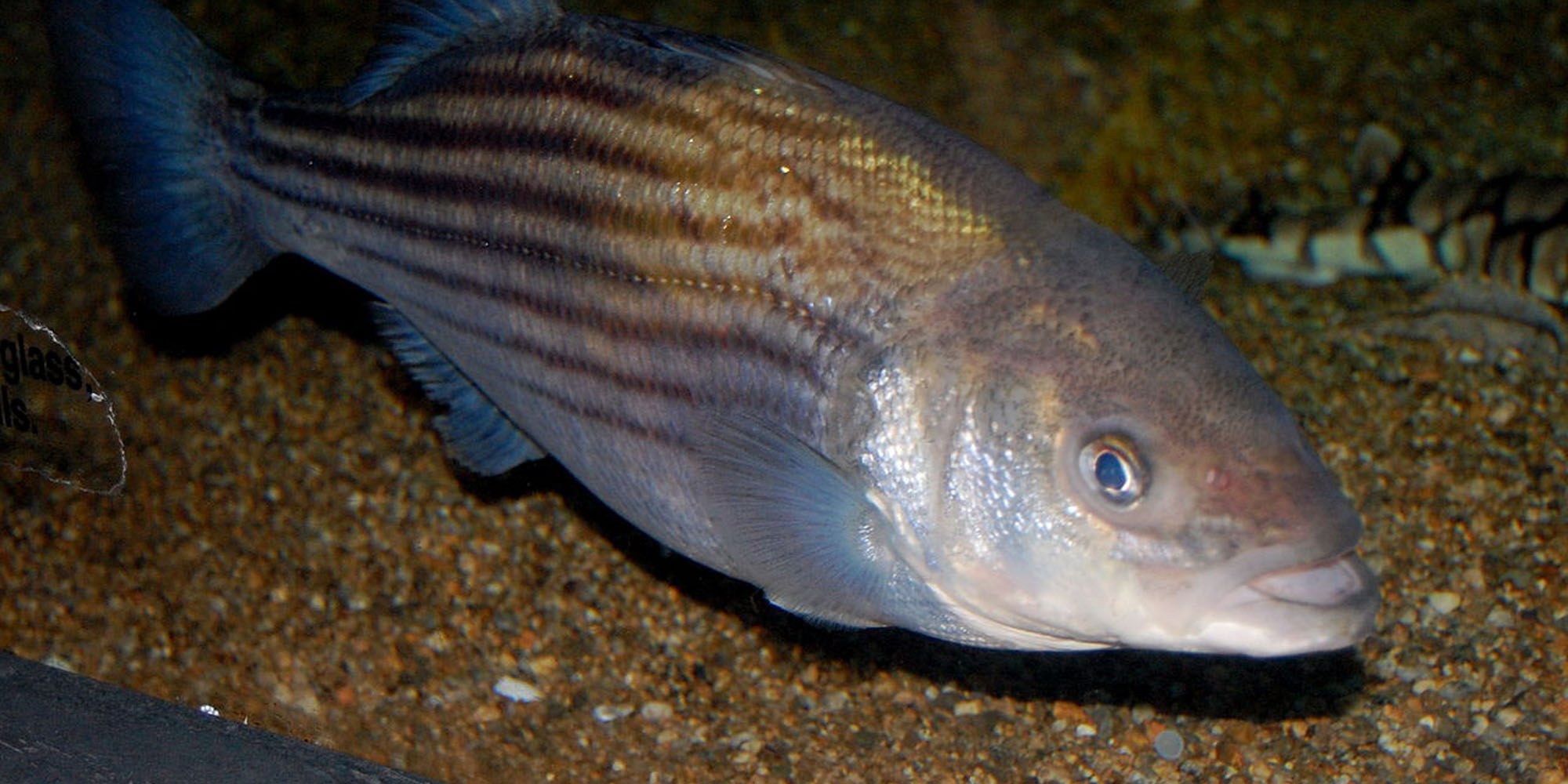Researchers are increasingly utilizing crowd funding to support their research, a tool that allows them to raise funds while simultaneously sharing the important work they do with the general public. This tool is especially relevant for researchers whose work has direct impacts on resource use and management. Enter Robert Murphy, a second year PhD student in the Grabowski lab who has turned his passion for recreational fishing into a dissertation project documenting the health, diet, and habitat use of a popular Massachusetts game fish, the striped bass.
Over the past three years, as an undergraduate and now graduate student at the MSC, Murphy has worked with his advisor Jon Grabowski, and a variety of commercial and recreational anglers on several projects related to the health and diet of striped bass populations in New England. This work has given Murphy the experience to ask key questions regarding the sustainability of this important New England fishery, including how species interactions and habitat degradation might be responsible for a recent decline in striped bass numbers.
With these research questions, Murphy is embracing a new approach known as ecosystem based management. In the past, scientists and policy makers often managed fisheries as if each fish species was living on its own in the vast ocean, not interacting with any other organisms. Of course we know this to be untrue, and so researchers are realizing that successful management must result from studying these highly interconnected habitats as a whole.
Murphy will employ a variety of techniques including surveys via SCUBA, stomach content analysis and acoustic tracking tags to document the day-to-day activities of the striped bass. An important component of the SCUBA surveys and stomach content analysis is to determine the impact of striped bass predation on populations of another important New England fishery species, the American lobster.
A third technique, acoustic tracking, is an emerging technology that will allow Murphy to track the movement of striped bass in their natural habitat. Tags surgically inserted into the fish send signals, which are detected by receivers placed in the natural habitat. This technology is revolutionizing the way that scientists are able to measure animal behavior and habitat use in nature. While extremely useful, these tracking tags are pricey, and are the main reason that Murphy is turning to crowd funding to raise money for his research.
Murphy is drawing on his varied talents to promote his crowd funding effort. An avid nature photographer, Murphy is offering a printed photo from his portfolio of high quality images to donors who pledge $100 or more. Better yet, pledge $500 or more and you’ll receive a photo, plus the ability to name and monitor one of Murphy’s tagged striped bass for two years!
Murphy’s project is harnessing cutting-edge technologies and management strategies to gather information about the ecologically and recreationally important Striped Bass, and now he needs your help! In the face of cuts in government funding supporting scientific research, private contributions via crowd funding are becoming increasingly important to support studies like Murphy’s that aim to protect and conserve our natural resources. If Murphy’s research interests you, head over to experiment.com/stripedbass to learn more and find out how you can help!
photo by Steven G. Johnson

